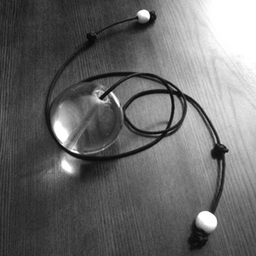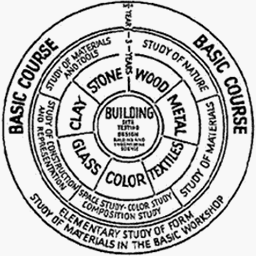on education for democracy
/While the importance of education in a democratic society is quite obviously, the specifics of an education that contributes to the development of a healthy democracy are subtler. We immediately recognize that citizens need a sound and meaningful education to be able to participate effectively in democratic life. But, when we think about what learning is required, we soon realize that this can’t be entirely described by knowledge and skills—the way we usually think about educational outcomes. What’s more, much of the learning required for active democratic citizenship does not really fit within the framework of existing subject disciplines. How, within our current curricula, are we expected to cultivate civic virtues such as autonomy, justice, and mutual respect? Where, within the context math, or science, or even social studies, do we meaningfully contribute to students’ engagement with civic life?
Read More




















